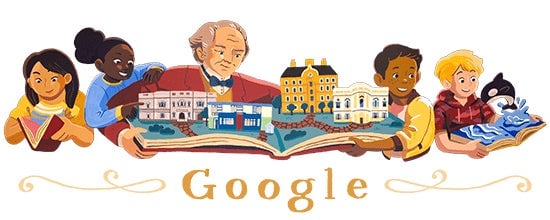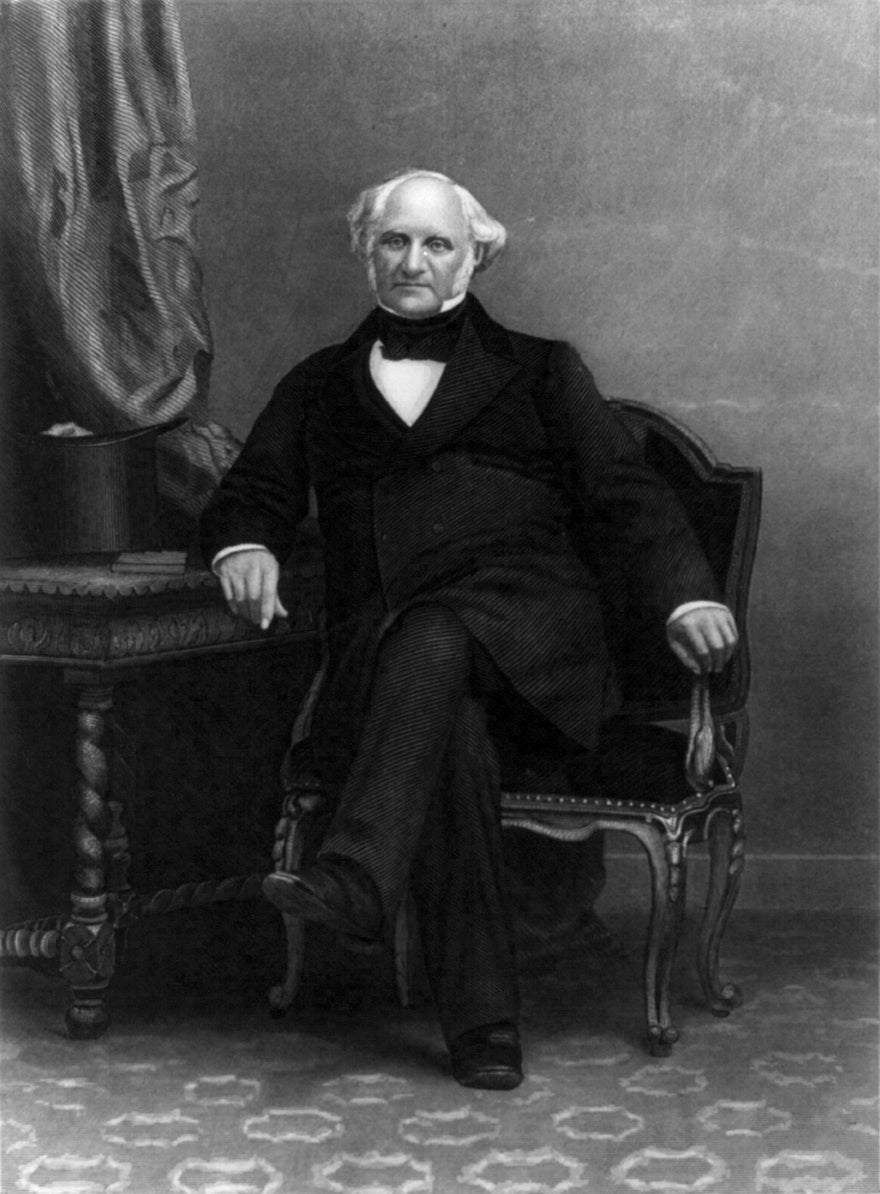The father of modern philanthropy was a millionaire who lived like a stingy pauper
George Peabody’s incredible 19th-century wealth and business empire gave rise to the likes of JP Morgan and other massive banking institutions. Yet even his outsized influence on the modern financial world was eclipsed by his reputation as one of history’s pioneering philanthropists. He is said to have gifted $9 million of his over $16 million fortune throughout his lifetime.


George Peabody’s incredible 19th-century wealth and business empire gave rise to the likes of JP Morgan and other massive banking institutions. Yet even his outsized influence on the modern financial world was eclipsed by his reputation as one of history’s pioneering philanthropists. He is said to have gifted $9 million of his over $16 million fortune throughout his lifetime.
The man who modeled the practice of giving by moguls was scarred by an impoverished childhood, and was perhaps as notorious for his thriftiness as he was famed for his wealth.

Google is honoring Peabody today (March 16) on the 151st anniversary of his Congressional Gold Medal award. Born a poor orphan in Massachusetts in 1795, Peabody became the country’s leading banker, starting with a trading business that dealt in everything from silk to dry goods. He was active in the US and in Europe, with a strong base of operations in London, where he died in 1869.
He did not spare expense when it came to his business practices, helping establish his still-young nation’s international credit. But his early experience with poverty drove him to extreme tightfistedness when it came to spending for himself. He is rumored to have allowed only one personal indulgence: One pence and a halfpenny he’d use to buy an apple after his midday meal, which he almost always brought to his office in a lunchbox.
In his book The House of Morgan, Ron Chernow described him as “a solitary miser” who lived in furnished rooms in a London hotel and worked nonstop, “aside from taking occasional fishing trips.”
One story—as cited by Chow Chung-Yaw in the South China Morning Post—is often recalled to explain Peabody’s legendary thriftiness: His refusal to use a personal carriage, instead traveling cheaply by public horse cart:
Once, when he was sick, Peabody was convinced by his partner to leave early. The man later found him standing in the rain at the station. After inquiring as to why he was still around, Peabody said “there’s only been a two-penny bus that has come along as yet. I’m waiting for the penny one.”
After he retired as one of the world’s wealthiest men, Peabody’s philanthropy was equally extraordinary. His name graces the dozens of schools and museums he endowed, as well as the education funds and housing for the poor on both sides of the Atlantic. When Queen Victoria tried to give him the title of baron, he declined.
While today’s great philanthropists have some stingy quirks, such as Warren Buffet’s $3 McDonald’s breakfast, Bill Gates’s $10 watch, and Mark Zuckerberg’s backyard wedding, none have seemed to match the deprivations embraced by Peabody, who once said he preferred “practical philanthropy as an investment for the sake of happiness.”